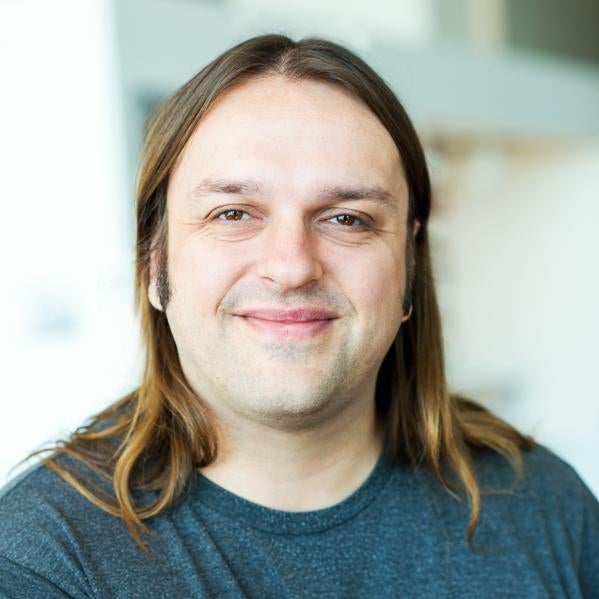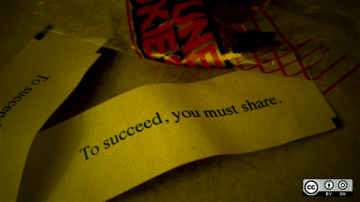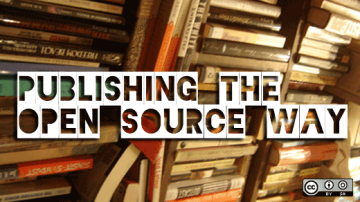
Marcus D. Hanwell | Marcus leads the Open Chemistry project, developing open source tools for chemistry, bioinformatics, and materials science research. He completed an experimental PhD in Physics at the University of Sheffield, a Google Summer of Code developing Avogadro and Kalzium, and a postdoctoral fellowship combining experimental and computational chemistry at the University of Pittsburgh before moving to Kitware in late 2009. He is now a Technical Leader in the Scientific Computing group at Kitware, a member of the Blue Obelisk, blogs, @mhanwell on Twitter and is active on Google+. He is passionate about open science, open source and making sense of increasingly large scientific data to understand the world around us.




Authored Comments
I have to say that from my perspective I totally agree that open source is not free software, and I strongly prefer the lack of any enforcement of freedom/copyleft in permissively licensed software. I try to make it clear that open source, permissively licensed software does not ask if your work is derived, or conveyed, or distributed and you are able to do as you wish with little ambiguity over whether any of those conditions are free. I don't see how free, copyleft licenses reduce the risk of the rental culture - a massive amount of copyleft software powers the cloud and the data is still often closed/owned by a small group.
I think the ecosystem is bigger than free software, we owe a lot to the free software movement and that is where I got my start. I have however made a very conscious choice, as I think others have, to move to using much simpler more permissive open source licenses for my work. I personally want a more open world, but I have little time for the legal debates, license compatibility, and nuances of copyleft licensing.
Quoting from my article above "You can download the source code for free, and the precompiled binaries must be purchased." So the code is open source, and they charge a fee to get lifetime access to precompiled binaries. They also provide instructions on compiling the code yourself if you wish to, and this is how the company is funding development while keeping the project open source. It is packaged on many Linux distributions, I use the package on Arch Linux.